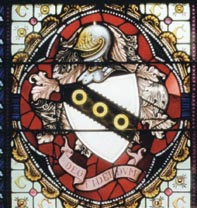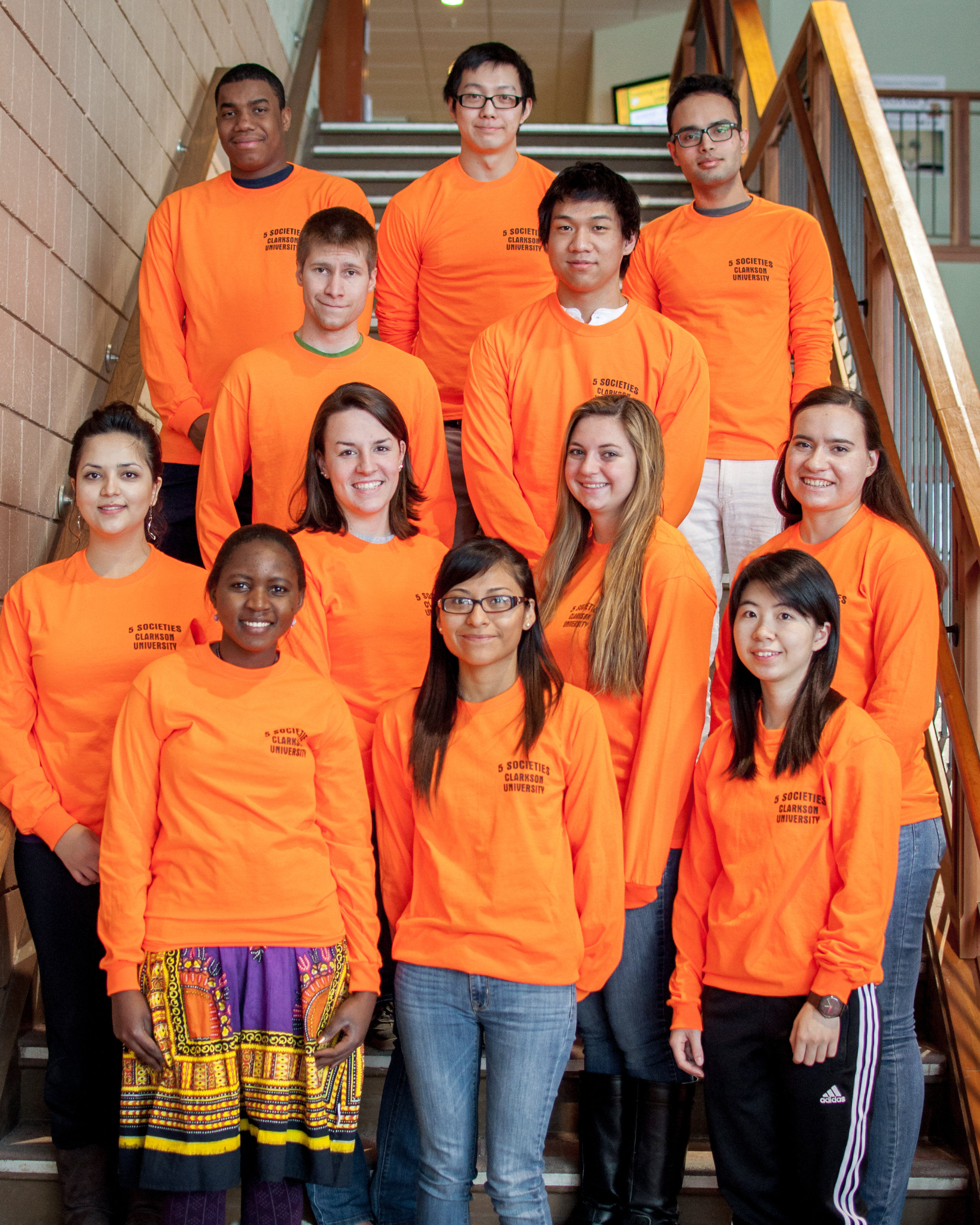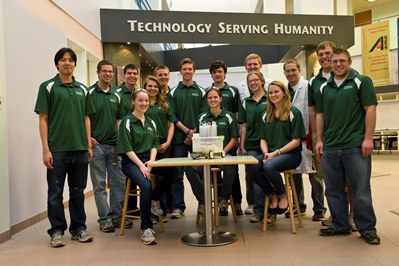



In the 21st century, Clarkson University has both more women undergraduates in engineering, and more women undergraduates, than it ever has in the past. As of Fall 2014, 20.3% of the engineering undergraduate students (366), and 29.5% of the undergraduate students overall (958), are women. Since this website was originally created in Spring 2015, below we offer a table of the 2014-15 enrollment distribution of women undergraduates in the School of Engineering.
| Major | Number of Women Enrolled |
Percentage of Women Enrolled |
|---|---|---|
| Aeronautical | 19 | 9.7 |
| Chemical | 97 | 37.5 |
| Civil | 67 | 24.5 |
| Computer | 8 | 9.1 |
| Electrical | 22 | 15.0 |
| Engineering Studies | 19 | 25.3 |
| Environmental | 66 | 57.9 |
| Mechanical | 66 | 10.7 |
| Software | 2 | 5.9 |
| Total School of Engineering | 366 | 20.3 |
Clarkson also has more students of color in engineering, and in all majors, than it has in the past. As of Fall 2014, 11.56% of engineering undergraduate students (208), and 13.09% of the undergraduate students overall (425), are students of color.
In the labs, in their classes, in the campus community, and once they graduate, in their careers, Clarkson’s women engineering undergraduates today have set an example for others to follow. They run clubs, compete on teams that build cars and concrete canoes, and play on sports teams. They participate in Clarkson’s chapter of the Society of Women Engineers (SWE), an active chapter and the recipient of regional awards. They conduct research with their professors. They receive many awards and scholarships. They gain real-world experience through co-ops and internships. When they graduate, they successfully find employment in engineering firms, government, and other sectors.
They also face challenges both at school and in the field. In her research on current women engineering undergraduates at Clarkson, Emily Baker ’16 documented both the women’s successes and challenges. You can find her paper here.
More research needs to be conducted on the history of women engineering students of many different identities at Clarkson.
Laura Ettinger is currently working on another research project, focused on trailblazing women engineers of different identities from throughout the U.S. who graduated from college in the 1970s. She hopes this project tells a more inclusive story about the experiences of women in engineering of this generation. To learn more about their experiences, see Laura Ettinger and Zac Miller's short documentary, Trailblazers: The Untold Stories of Six Women Engineers.
Pictured above are Clarkson students from five engineering societies before they went on an alternative spring break to work for Habitat for Humanity in 2014.